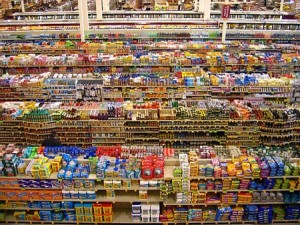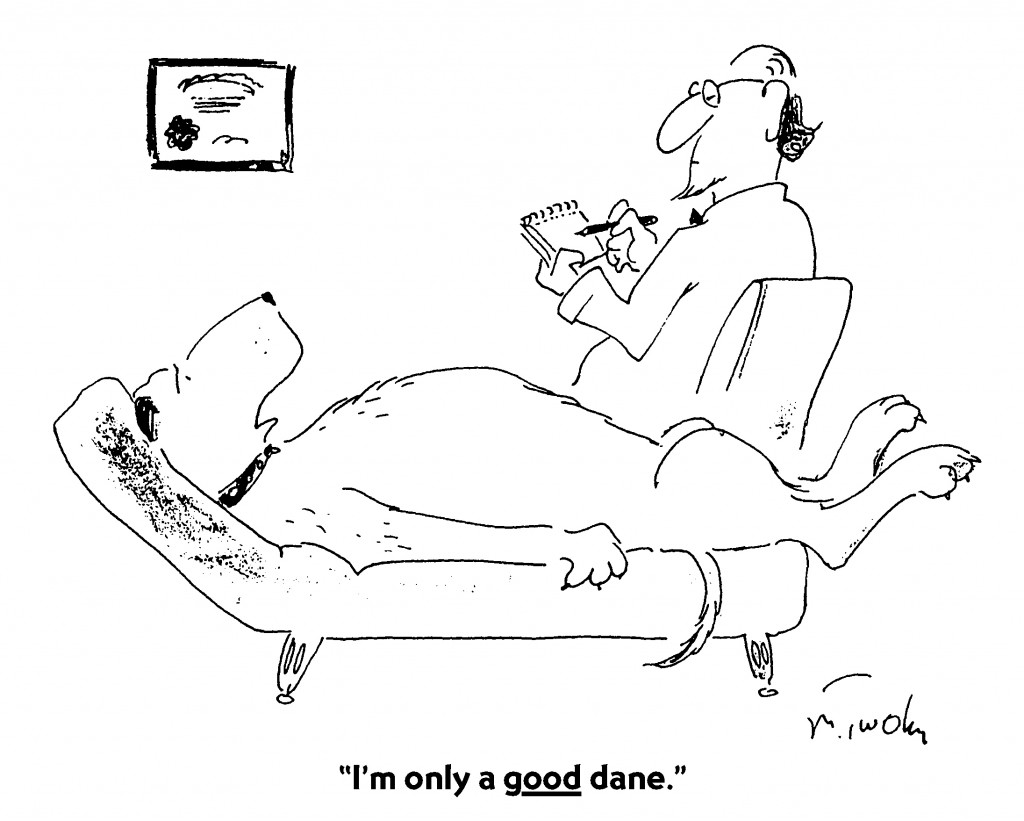 The Paradox of Choice: Why More Is Less
The Paradox of Choice: Why More Is Less
by Barry Schwartz, published in 2004, presents the thesis that our social and economic culture of abundance has diminished our satisfaction. He starts his argument by acknowledging the central premise of the American experience: the way to maximize welfare is to maximize individual freedom; and the key way to do that is to maximize individual choice. Schwartz referred to this premise as the Official Dogma and, really, who can question these first principles of modern day experience? Social science did.
A series of studies, titled “When Choice is Demotivating” called into question the desirability of increased choice. One study took place in a gourmet store where researchers set up two display tables where customers could taste samples of exotic, high-quality jams. They were also offered a dollar discount if they bought one of the jams. On one table, six varieties of the jam were available for testing; on the other 24 varieties were available. The table with 24 choices drew a larger group of people, although at both tables people tasted about the same number of jams.
The researchers measured the impact of the 6 vs 24 choices on buying the jams and satisfaction with the jams. Thirty percent of the people exposed to the table with six jams actually bought a jar; however only 3% of those exposed to the larger array of jams bought one! Also, individuals faced with a smaller number of choices expressed significantly greater satisfaction with their purchase.
Barry Schwartz described a shopping experience that became the spur for writing this book to explain why having a multitude of choices may work against our general welfare and, I would add, our psychological equanimity, He hadn’t bought jeans in years and when he finally went to the store for a pair, he was overwhelmed by the choices the salesperson presented (slim, relaxed or baggy fit? Stonewashed, acid-washed or distressed? Button fly or zipper fly? Faded or regular? etc). He bought a pair of jeans that he felt were just fine for him, but was struck by how much time, energy, self-doubt and dread were evoked.
A wide range of studies has now demonstrated similar “bad news” associated with increasing choice, not only with consumer items, but also health care, retirement plans, vacation destinations, marriage and family, as well as other significant arenas in life. Some of the key findings:
- As noted in the jam study referenced above, increased choice leads to paralysis rather than liberation.
- Greater satisfaction in the choice we make is correlated with having fewer rather than more choices. Increasing our choices makes it easy for us to imagine making a better choice. Ergo, regret. The more choices we have, the more our expectations rise, setting the stage for disappointment.
- An increase in self-blame and clinical depression appears to accompany increased choice. When we have more choices and we compare our choices to others- as they say- everything suffers by comparison. We increase the chances of making a disappointing choice, resulting in self-blame, a key component of clinical depression.
What to do? Schwartz does offer some prescriptions which certainly go against the wisdom of more choice is better.
- We would be better off is we embraced certain voluntary constraints on our freedom of choice, instead of rebelling against them.
- We would be better seeking what was “good enough” instead of seeking the best (sound un-American to your ear, perhaps?)
- We would be better off if we lowered our expectations about the results of decisions.
- We would be better off if we compared ourself less to other people around us.
Like most advice, the above prescriptions are easy to spell out; perhaps not so easy to execute. However, Schwartz has done us a service by highlighting some of the tradeoffs inherent in the affluence, overabundance and increased choice embedded in modern culture. While very few would argue for turning back the material progress achieved or repealing the Bill of Rights, we might be better off acknowledging these tradeoffs and considering — possibly counterintuitive — ways of approaching choice.
The research analyzed in Paradox of Choice focuses on choices that are explicit (purchase A or B) and domains that are concrete (which car, iphone or insurance plan should I purchase?). However, there might be another arena, implicit and abstract, where the cautionary tale regarding increased choice might apply: our basic sense of worth, what psychologists call self-esteem, what some have termed status anxiety.
The freedom to pursue one’s interests and passions in life is perhaps the core ingredient of the American Dream. By doing so we pursue happiness and are able to strive to our potential. And that potential, in democratic societies, is unlimited. Just ask Anthony Robbins, famous self-help guru and author of Awaken The Giant Within: “If you truly decide to, you can do almost anything in democratic and capitalist societies….we all have the capacity to carry out our dreams.”
Or not. Or at least as not as well as many feel we should in our own eyes, or compared with our neighbors. This reality, coupled with sky high expectations — especially regarding achievement — lay groundwork for humiliation, envy and low self-esteem.
One of the first to comment on the vicissitudes of freedom coupled with material progress was Alexis de Tocqueville, the keen observer of the American Experience. In his essay entitled “Why the Americans are Often So Restless in the Mist of Their Prosperity”, published in 1835, he made a number of disquieting observations:
-
- Democratic societies tear down all barriers to expectation.
- The price we have paid for expecting to be so much more than our ancestors is a perpetual anxiety that we are far from being all we might be.
- By greatly increasing our expectations, democratic and affluent societies place self-esteem on track to become a diminishing fraction.
i.e. Self-esteem = Success/Expectation - Achieving a good measure of success usually turns out to be a false solution. This is due to another quirk in human nature articulated concisely by David Hume, the Scottish philosopher:
It is not a great disproportion between ourselves and others that produces envy but, on the contrary, it’s proximity. - Advertising and social media guarantee frequent comparisons with others which given high expectations- invariably turn invidious. There is never a shortage of desirable images of luxurious products and costly surroundings.
Self-blame and self-criticism are unpleasant enough when we regret our decision to go to Bermuda rather than the coast of Maine. However, when the criticism extends to our basic sense of self we risk greater, at times, clinical levels of pain.
If all the modern social and economic currents are running against self-acceptance and satisfaction in our choice in the material world and our basic sense of self, what to do? Fortunately there are many encouragements from many thoughtful people, a number of which are supported by social science. Many of those encouragements will be discussed in further posts. They will not be of the “Be all you can be” quality.
However, it is useful to start with the observation that unfettered choice is not an unmitigated good; and that rising expectations, particularly in the arena of income and success, sink all efforts of equanimity.
